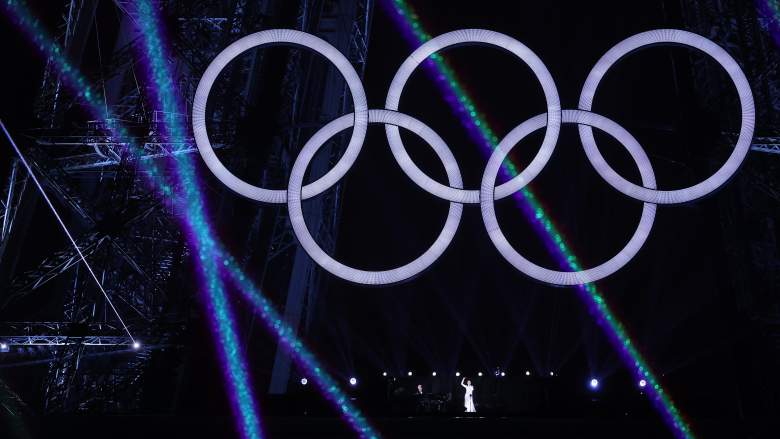
Organizers of the 2024 Paris Olympics on July 28 clarified that a controversial tableau segment during the opening ceremony — perceived by many as a parody of Leonardo da Vinci’s “The Last Supper” painting — did not intend to recreate a biblical scene or mock any religious groups of beliefs.
The segment in question — performed against the backdrop of River Seine — showed French DJ Barbara Butch being flanked by drag queens and transgender models as they gathered around a wide table and danced. The segment then segued into a half-naked man painted in blue — portraying Dionysus , the fabled Greek god of wine — appearing on a dinner plate filled with food. Ultimately, the segment turned into a fashion show with runaway models walking across the wide table.
Following the opening ceremony, the organizers of the 2024 Paris Olympics clarified that the “kitsch tableau” segment was intended to raise awareness of Dionysus and “the absurdity of violence between human beings.”
However, scores of Catholic groups across the world denounced the segment.
Backlash from Religious Groups
The French Bishops’ Conference said in a statement that the Paris Olympics segment was a “mockery and derision of Christianity” and it hurt many Christians around the world with “outrageousness and provocation” through certain scenes.
Mike Johnson, the U.S. Speaker of the House, wrote on X that the Olympics segment was “shocking and insulting” to Christians across the world.
Marion Maréchal, the French representative in the European Parliament, shared a strong reaction via X.
Bishop Robert Barron of Minnesota lambasted the Paris Olympics organizers for “a gross mockery of The Last Supper” via a YouTube video.
Misinterpreted Segment?
According to The Guardian, the controversial Paris Olympics segment was meant to depict a 17th-century Dutch painting of Greek Olympian gods, not “The Last Supper” as many assumed.
The same message was relayed by the Olympics creative director Thomas Jolly, who told French outlet BFMTV that “The Last Super” was not his “inspiration” for the segment.
“The idea was to have a pagan celebration connected to the gods of Olympus. You will never find in me a desire to mock and denigrate anyone,” Jolly said.
The artist further clarified that the segment — titled “Festivity” — was based on the aforementioned Dutch painting, not “The Last Supper.”
“That [Last Supper] wasn’t my inspiration,” he said. “I think it was pretty clear. There’s Dionysus who arrives at the table … Why is he there? Because he’s the god of feasting, of wine, and the father of Sequana, the goddess of the River Seine.”
Despite the numerous clarifications, religious groups around the world have maintained that the controversial segment crossed a line. In light of the backlash, Paris Olympics spokesperson Anne Descamps issued an apology via a news conference on July 28.
“Clearly there was never an intention to show disrespect to any religious group,” she said. “On the contrary, I think (with) Thomas Jolly, we really did try to celebrate community tolerance. Looking at the result of the polls that we shared, we believe that this ambition was achieved.”
“If people have taken any offense, we are, of course, really, really sorry,” Descamps added.










